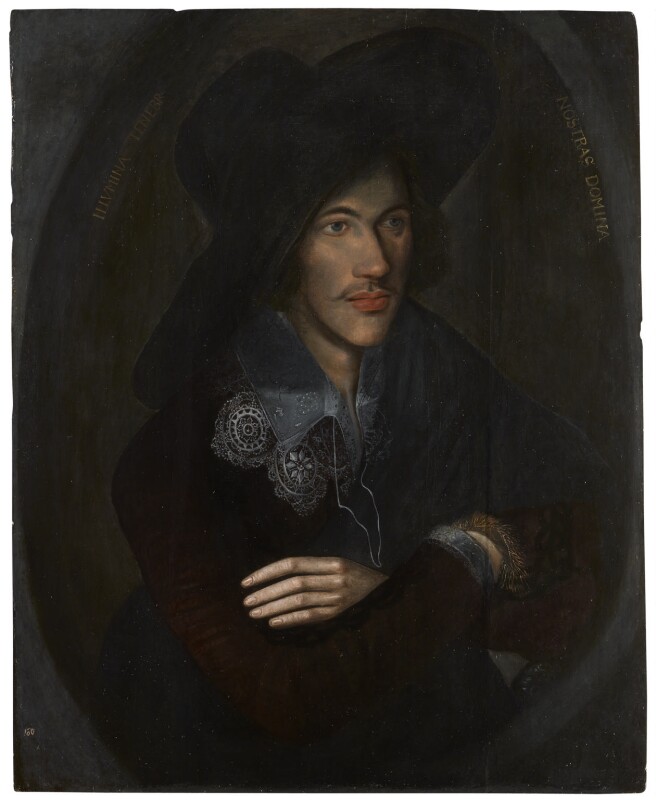John Donne frasi celebri
Origine: Da Meditazione XVII https://en.wikisource.org/wiki/Meditation_XVII in Devozioni per occasioni d'emergenza, Editori Riuniti, Roma, 1994, pp. 112-113.
“Dopo un breve sonno, vegliamo in eterno, | e la morte non sarà più: morte, tu morirai.”
Origine: Da Morte non essere orgogliosa, Holy Sonnets, X.
“Che i nostri affetti non uccidano noi, né muoiano essi.”
Origine: Citato in prefazione a Clive Staples Lewis, I quattro amori, Jaca Book, 1982.
Origine: Da Il sogno.
John Donne Frasi e Citazioni
Origine: Da Elegy, VIII; citato in Giuseppe Fumagalli, Chi l'ha detto?, Hoepli, 1921, p. 296.
“Ma, ahimè, perché così lungamente, | e tanto, freniamo i nostri corpi?”
Origine: Da L'Estasi; citato in Charles Morgan, La fontana, Arnoldo Mondadori Editore, 1961.
Origine: Da Sermone del giorno di Pasqua, 25 marzo 1627.
John Donne: Frasi in inglese
A Valediction Forbidding Mourning, stanza 6
No. 80, preached at the funeral of Sir William Cokayne, December 12, 1626
LXXX Sermons (1640)
No. 3, preached on Christmas Day, 1625
LXXX Sermons (1640)
A Valediction Forbidding Mourning, stanza 7
“The Sestos and Abydos of her breasts
Not of two lovers, but two loves the nests.”
No. 18, Love's Progress, line 61
Elegies
“She, and comparisons are odious.”
No. 8, The Comparison, line 54. Compare: "Comparisons are odious", John Fortescue, De Laudibus Leg. Angliæ, Chap. xix; "Comparisons are odorous", William Shakespeare, Much Ado About Nothing, act iii, scene v
Elegies
IV. Mediscque Vocatur; The physician is sent for.
Devotions Upon Emergent Occasions (1624)
“How deepe do we dig, and for how coarse gold?”
Meditation 13
Devotions Upon Emergent Occasions (1624)
VI. Metuit. The physician is afraid
Devotions Upon Emergent Occasions (1624)
Song (Go and Catch a Falling Star), stanza 1
Poem Present in Absence http://www.bartleby.com/101/197.html
Attribution likely but not proven http://links.jstor.org/sici?sici=0026-7937(191107)6%3A3%3C383%3ATAO%22HT%3E2.0.CO%3B2-B
“I do nothing upon myself, and yet am mine own executioner.”
Meditation 12
Devotions Upon Emergent Occasions (1624)
“Batter my heart, three-personed God; for you
As yet but knock, breathe, shine, and seek to mend.”
No. 14, line 1
Holy Sonnets (1633)
Modern version: No man is an island, entire of itself; every man is a piece of the continent, a part of the main; if a clod be washed away by the sea, Europe is the less, as well as if a promontory were, as well as if a manor of thy friends or of thine own were; any man's death diminishes me, because I am involved in mankind; and therefore never send to know for whom the bell tolls; it tolls for thee.
Meditation 17. This was the source for the title of Ernest Hemingway's novel.
Devotions Upon Emergent Occasions (1624)
The Ecstasy, line 45
